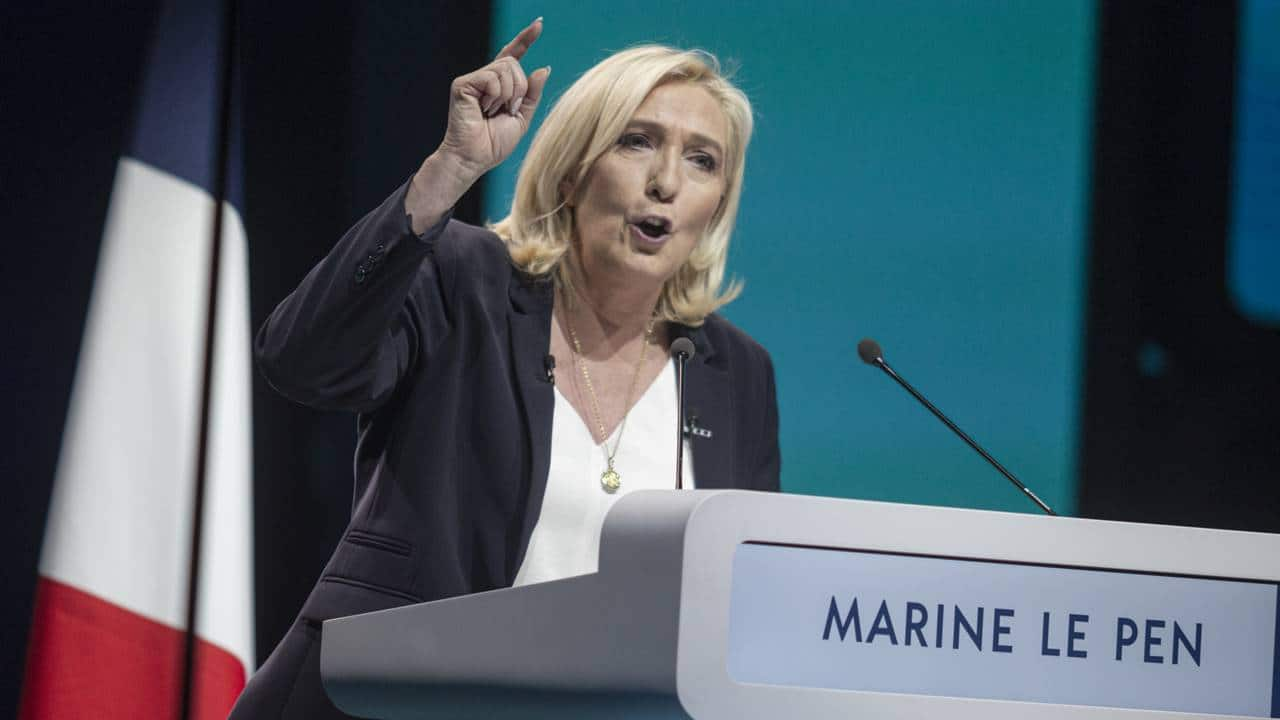Hoekstra silenced criticism of Qatar in World Cup run-up

Former Foreign Affairs Minister Wopke Hoekstra and his officials worked hard to silence open criticism of Qatar before the FIFA World Cup in the Gulf state at the end of 2022. And they frequently bypassed other Ministries to do so, Trouw reports based on its reconstruction of internal communications between five ministries obtained through the Open Government Act.
In the run-up to the World Cup, Qatar was under international fire for exploiting the migrant workers who built football stadiums and infrastructure for the tournament. There were also concerns about human rights in the country, which punishes homosexuality with years of imprisonment. But the Dutch Ministry of Foreign Affairs was prepared to brush aside and silence such concerns from other Dutch Ministries, according to Trouw.
The newspaper wrote that Hoekstra wanted to shape the image around Qatar in the World Cup by emphasizing how important the Gulf state was to the Netherlands. Qatar was an in-demand supplier of natural gas at the time after the invasion of Ukraine in February 2022 and the subsequent boycott of Russian gas.
The Ministry of Foreign Affairs excluded the risks for LGBTQIA+ visitors to Qatar from a letter to parliament about the human rights situation in the country. That happened at Hoekstra’s initiative and to the annoyance of the Ministry of Education, which is responsible for emancipation and LGBTQIA+ equality, and worked with Foreign Affairs to ensure their safety at the World Cup.
Hoekstra also refused to ask Qatar not to arrest and prosecute Dutch LGBTQIA+ people during the World Cup, as the Ministry of Education requested. And Foreign Affairs’ special travel advice for the World Cup didn’t even mention that people from the LGBTQIA+ community risked prosecution and imprisonment in Qatar. Such criminal liability is standardly mentioned in travel advice, including the general travel advice for Qatar.
Immediately after the World Cup travel advice went online, the Ministry of Education protested and urgently requested that it be taken offline and improved. Foreign Affairs dismissed the criticism, according to Trouw. The travel advice was only changed two days later when Marjan Kamstra, the Dutch ambassador in Qatar, intervened.
The Ministry of Foreign Affairs also ensured that a Dutch Minister attended the World Cup – despite parliament’s insistence that the government send no delegation. In a confidential memo, the embassy stated that staying away would harm the Netherlands’ interests in Qatar. In a meeting just before the World Cup started, the Cabinet decided to send Sports Minister Conny Helder. According to Trouw, Hoekstra didn’t allow the Ministries of Education and Social Affairs to see this decision in advance due to its “high political sensitivity.” The letter the government sent to parliament to explain their decision to send Helder failed to include a “robust human rights passage” written by the Ministry of Education.
At the insistence of Foreign Affairs, Helder did not wear the rainbow-colored OneLove armband in Qatar because it would strain the relationship between the countries. Instead, she wore a rainbow pin, which ended up hidden under her scarf with the words “never mind” on it.
The Ministry of Foreign Affairs told Trouw that it “does not recognize itself in the picture painted.”
https://nltimes.nl/2023/09/29/hoekstra-silenced-criticism-qatar-world-cup-run Hoekstra silenced criticism of Qatar in World Cup run-up





